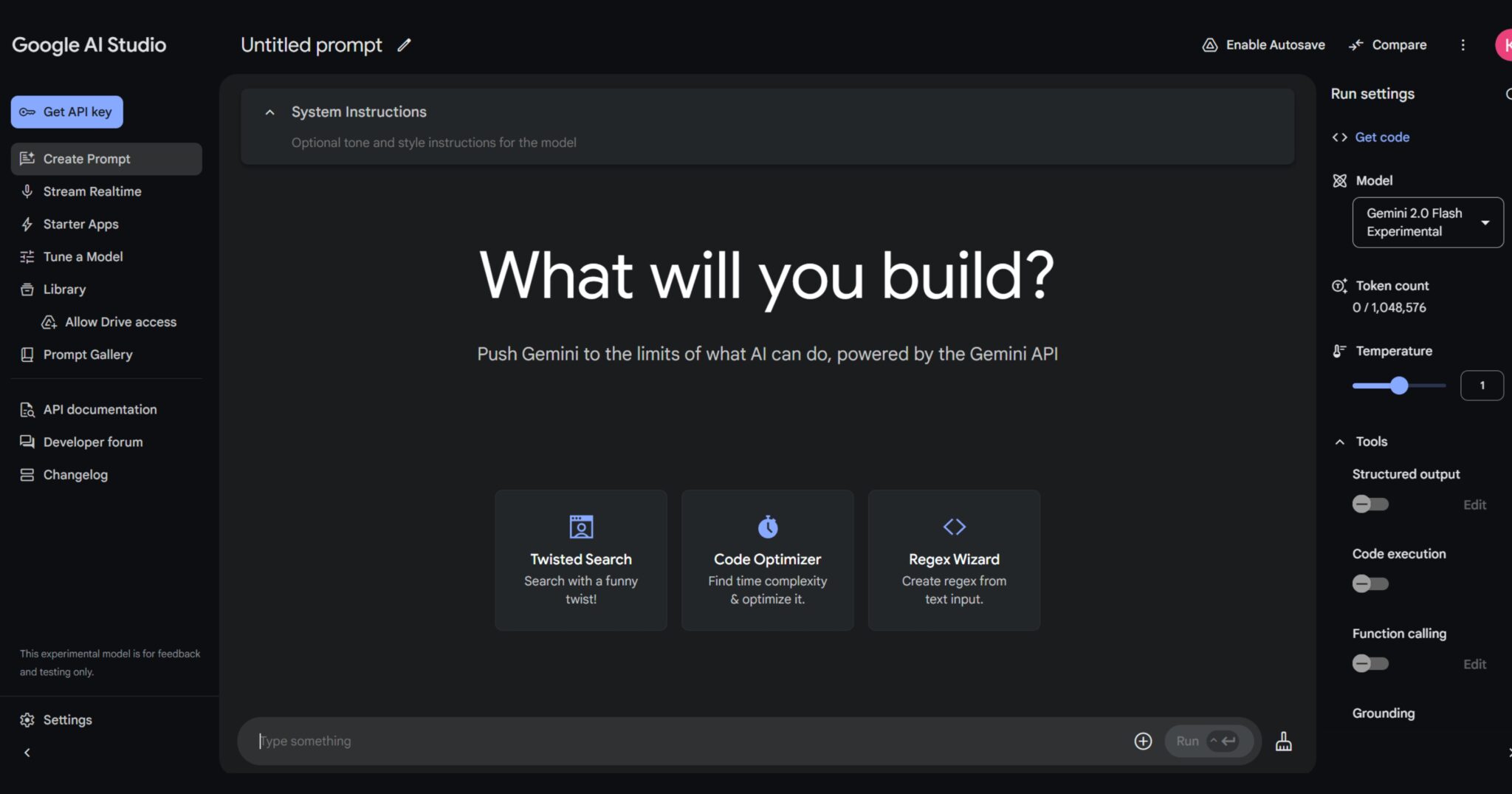Google’s Gemini 2.0 Flash Thinking Experimental Model Aims to Rival OpenAI

Since the dust on the Generative AI space has settled down, all the tech giants have started focusing on a reasoning-focused system that can tackle more complex problems. Recently, it was teased that OpenAI is on the verge of launching its reasoning AI model. Now, search giant Google launched its updated Gemini 2.0 Flash Thinking Experimental model.
Released under the experimental tag “Exp-01-21” via Google AI Studio and API, the model showcases groundbreaking enhancements in context processing, reasoning, and reliability. It positions Google as a serious contender against OpenAI, which is another giant in the competitive AI landscape.
The latest update is based on the Gemini 2.0 Flash framework, which was announced in December last year. The update enables the model to “show its thoughts” during reasoning tasks. This transparency aims to address a growing demand for AI systems to move away from black-box operations, offering users clearer insights into how decisions are made.
Benchmark-Breaking Performance
The Gemini 2.0 Flash Thinking Experiment processes an unprecedented one million input tokens, dwarfing competitors like OpenAI’s GPT models. This expanded context window allows users to input entire codebases or analyze extensive datasets, opening up new possibilities for research, coding, and large-scale document analysis.

The model’s performance has also set new benchmarks, scoring 73.3% on the AIME2024 (mathematics) and 74.2% on the GPQA Diamond (science) benchmarks. These metrics demonstrate a clear leap in handling complex reasoning tasks, particularly in math, science, and multimodal analysis.
Practical Features for Developers and Researchers
Interestingly, Gemini 2.0 Flash Thinking is not only good on paper—it delivers practical tools for real-world applications as well. For example, native code execution support allows developers to run and test code directly within the model, which helps streamline workflows. Additionally, Google has improved the system’s reliability by reducing contradictions between its reasoning process and final answers, which is a critical step toward enhancing AI trustworthiness.
Users are already using the Gemini 2.0 Flash Thinking Experimental model for tasks like PhD theses and dissertations, and the feedback has been positive so far. Several users have taken to X (formerly Twitter) to share their experiences, praising the model’s ability to handle complex research and generate insightful results.
A Competitive Edge in the AI Race
The main highlight of the entire update is Google’s decision to offer Gemini 2.0 Flash Thinking Experimental for free during its beta phase. As competitors like OpenAI charges $200 per month for access to its premium models. As a result, Google’s accessible approach could attract developers and enterprises seeking powerful yet cost-effective AI solutions.
Future of AI Reasoning and Challenges
The release of Gemini 2.0 Flash Thinking represents a shift towards AI models that are not only powerful but also transparent and accessible.
However, Google will have to convince businesses that its free experimental model can compete with or surpass premium alternatives in practical applications. So whether this will help Google close the gap with OpenAI remains to be seen. But, for now, the future of AI reasoning appears to be brighter—and more user-friendly—than ever.
